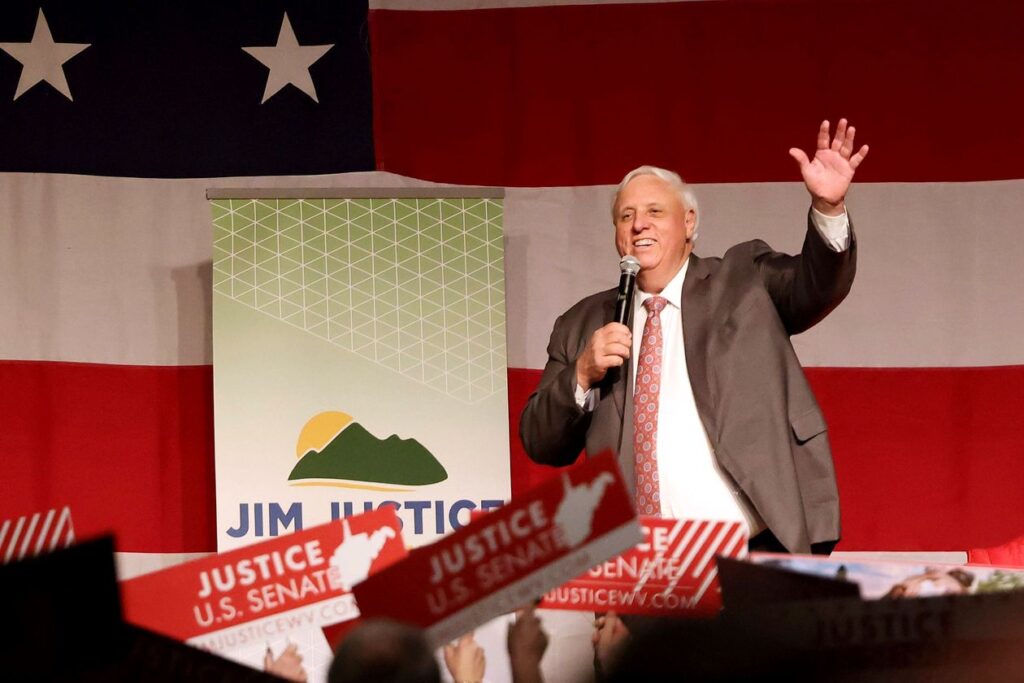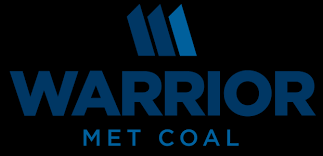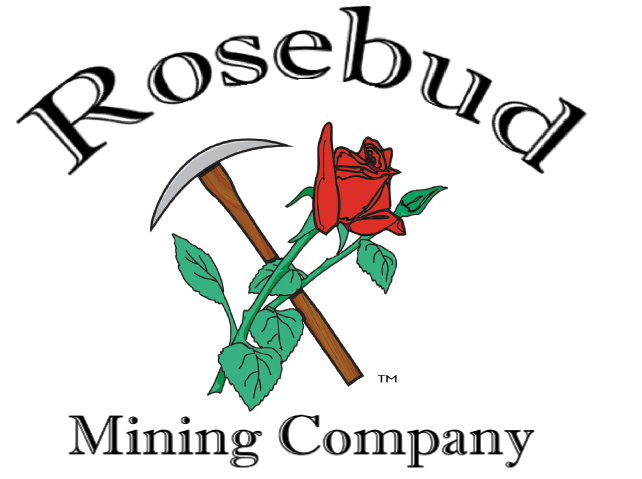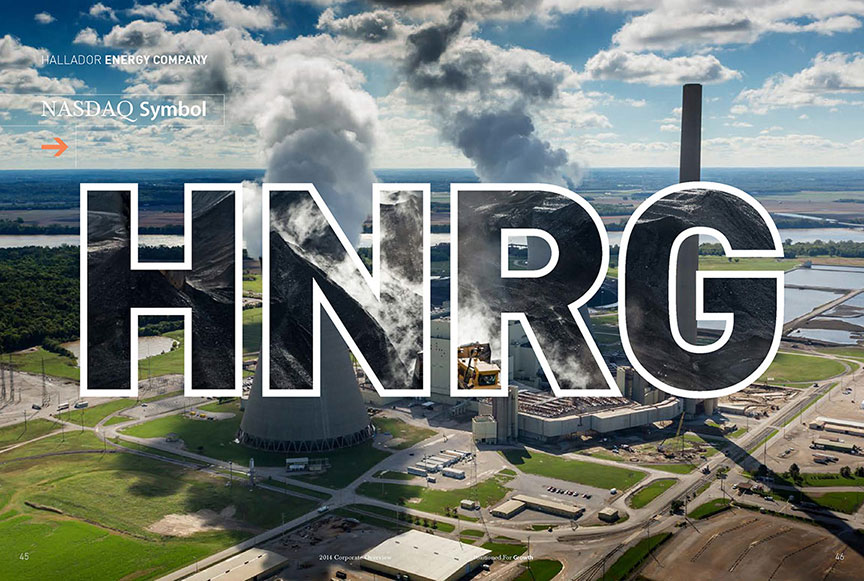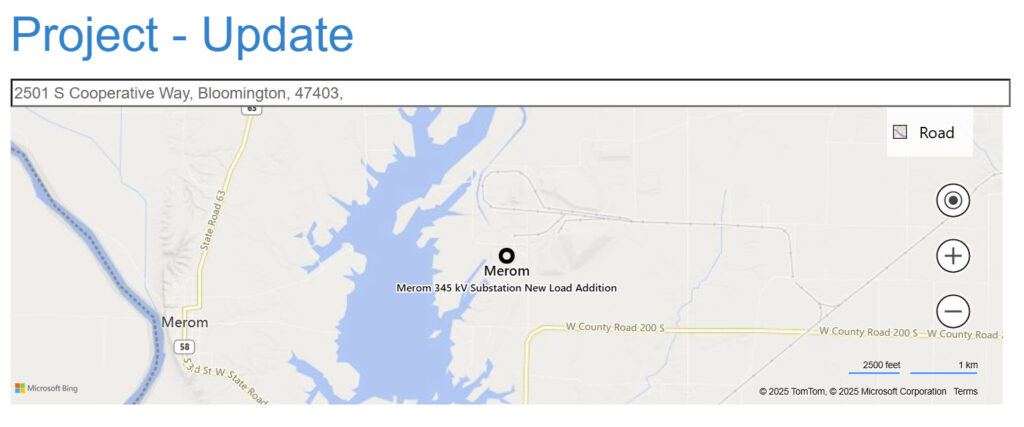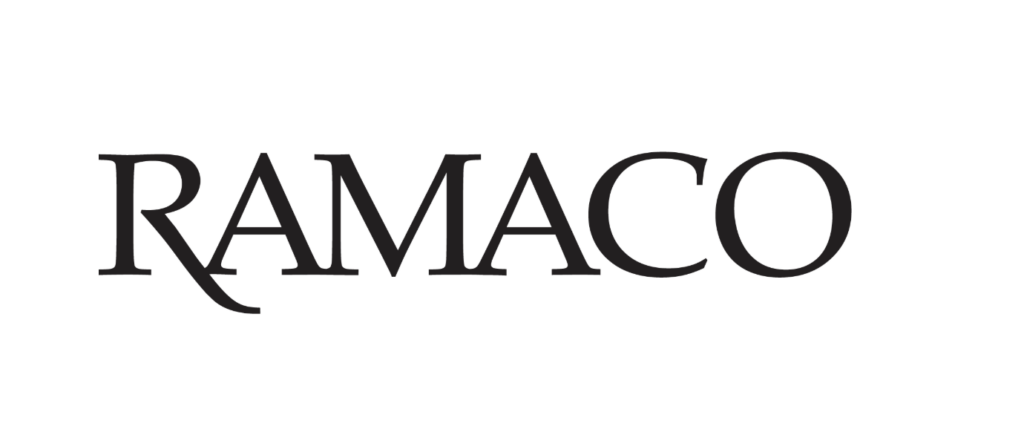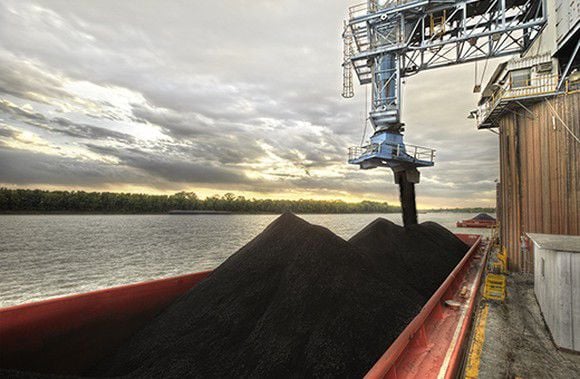Jim Justice is arguably West Virginia’s most popular politician and most prominent businessman. The dual feat is all the more impressive given how many people he owes money to. A folksy native son, Justice rose to political power—he was elected governor in 2016—after assembling a sprawling collection of businesses, including coal companies, farms and even the storied Greenbrier resort. Now the 72-year-old is the favorite to succeed Joe Manchin as U.S. senator, a post that would elevate Justice to national prominence.
But the Justice empire is also well-known around the state for its unpaid bills. Justice, his family and his companies have piled up hundreds of millions of dollars in liabilities to banks, coal companies and federal and state regulators, some of which the Justices are now disputing. At one point they even owed money to professional golfers Bubba Watson and Phil Mickelson.
The issues have extended even to basic supplies at the Justices’ flagship property. The Greenbrier, a National Historic Landmark that the Justices bought out of bankruptcy in 2009, has been short on toiletries periodically because it hasn’t paid vendors on time. Housekeepers sometimes needed to hustle soap and shampoo from empty rooms to occupied ones, according to people familiar with the resort. The same thing happened with fresh linens.
In March, Citizens Bank of West Virginia sought in state court to have some of Justice’s wages garnished to help pay down a debt of more than $800,000 for coal-mining equipment. In recent months, a sliver of each of his government paychecks has been going to the bank. In October, a federal court ordered U.S. marshals to seize a helicopter owned by one of his companies to satisfy a debt to a unit of a Russian metals and mining company.
Justice’s lawyers asked the court to hold off on the seizure because they said other creditors already had liens on the craft. On Jan. 17, a judge ordered the helicopter grounded and said it would have to be sold. Last week, a state court ruled against the Justices in a complicated dispute with Virginia’s Carter Bank & Trust over what the bank says is more than $300 million owed to it.
Nothing to see here, is what Justice has taken to suggesting to local reporters. At a news briefing on Nov. 8, one day before Manchin announced he was bowing out of the 2024 Senate race, Justice said people should “quit worrying about Jim’s stuff.” “You can worry about it and you can jump up and down about it and everything else,” he said, “but really and truly Jim’s house will be fine.”
Justice, who routinely declines to talk to the national media, declined to comment for this article. “Gov. Justice and his family are proud to have built a business that provides paychecks for thousands of people,” Steven Ruby, a lawyer for the Justice businesses, said in a statement. “When most of America’s coal companies were filing for bankruptcy over the past 10 years, the Justice companies chose not to take the easy way out,”
Ruby said. “Because the Justices decided not to abandon their obligations, and because of their commitment to continue investing in West Virginia and the coal industry even against odds that at times have been long, their companies have faced some tough financial circumstances. Sometimes they have had no choice but to pay bills behind schedule—but they pay their bills.”
As governor, the lawyer’s statement said, Mr. Justice had compiled “a record as arguably West Virginia’s greatest governor of all time.” Under the governor’s leadership, the lawyer said, the state turned a budget deficit into record surpluses and had experienced “unprecedented economic expansion.”
The governor’s office said 12,591 jobs have been created in the state since he became governor. The state’s unemployment rate hit 3.3% last year, the lowest level in data going back to 1976, before edging up to 4.2% last November, according to the Bureau of Labor Statistics.
Justice, a 6-foot-7 Republican who has become a towering presence on the state political landscape, has earned plenty of goodwill with voters by casting himself as one of them. He drives himself around in his black Chevrolet Suburban with a “COAL 3” license plate, and he coaches the girls’ basketball team at Greenbrier East High School. His English bulldog, Babydog, is a frequent sidekick who gets her own chair at events.
In 2022, after Bette Midler wrote a critical online post about Manchin in which she also said West Virginians were “poor, illiterate and strung out,” Justice held up Babydog during an address to the state legislature, turned her backside to the lawmakers and told the singer and others to “kiss her heinie.”
Although his financial problems have attracted attention for years, they haven’t dented his political career. He was re-elected governor in 2020, and in a survey last year, he had a 63% approval rating, making him the sixth most-popular governor in the country, according to decision intelligence company Morning Consult. “There’s no big, gigantic pots of gold that are sitting around,” Justice said when asked at a news conference in September about his finances. “Absolutely, at the end of the day, you can see that. And then from that you can see a family that sometimes are a little late on a bill here and there and everything. But we pay them, don’t we?”
Court documents and people knowledgeable about his companies describe a perpetual scramble to try to keep those bills paid. In April, in a court filing related to a lawsuit about Justice’s coal operations, one of his lawyers said that “operating cash is chronically scarce and transferred among companies on a just-in-time basis.”
“If you just meet him and get to know him as a friend, he’s one of the nicest people in the world,” said Ernie Thrasher, chief executive of XCoal Energy & Resources, a coal marketing and logistics company based in Latrobe, Pa. “The moment you do business with him, he’s a totally different person.”
XCoal has been battling Justice in court for about a decade over a coal contract. Justice has denied Thrasher’s allegations that he breached the contract.
In 2021, a federal judge found that a Justice company and the governor himself were responsible for breaching a contract to deliver 720,000 tons of coal. A $6.8 million judgment grew to $10 million, with interest and lawyers’ fees.
So far, Thrasher has collected $8.1 million from a bond Justice posted to file an appeal, which he lost last year. Thrasher says he is still owed about $2 million. “We’re in a long, long line with many, many people,” Thrasher said. “It’s mind-boggling because this guy could be a U.S. senator.
Will Brownlow, a Tennessee businessman, sold some coal properties to Justice companies. In 2012, he sued the companies for alleged breach of contract for failing to operate coal mines on the properties and pay royalties. He alleged that the Justice family transferred assets from the two companies involved in the case to others owned by the Justices, and to family members. The Justice companies have denied that they breached the contract or improperly transferred assets. Brownlow asked a federal court in Kentucky to pursue those assets. In 2019, a judge awarded Brownlow’s businesses roughly $50 million. On appeal, the punitive damages were eliminated, which reduced the award to about $35 million. In October, a lawyer for the family told the judge the two companies involved in the case couldn’t pay $194,000 in attorneys fees because the companies “have no funds in their bank accounts” and no assets to sell. “They have the mistaken impression,” Brownlow said, “that they have successfully transferred out their assets and therefore are going to beat me out of getting paid.”
Justice planned to run for Senate even before Manchin, a Democrat, announced he wouldn’t seek re-election and hinted that he might run for president as an independent in 2024. The outcome of the Senate race could help flip the chamber. Justice has campaigned on a pledge to be a reliable conservative. During the summer, he endorsed Donald Trump for president, and in October, the former president endorsed Justice in a post on Truth Social. Justice’s political fortunes flourished as he switched party affiliations—twice. He changed his registration from Republican to Democrat before being elected governor in 2016. The following year, he announced at a Trump rally he had returned to the Republican fold, cementing his place in the bright red state.
Justice earned political capital and goodwill, even with some Democratic politicians, for his handling of the pandemic.
“He was very much showing empathy throughout, and I think that’s won him a lot of lasting support,” said Scott Crichlow, an associate professor of political science at West Virginia University. “A lot of people love Jim Justice and accept his faults, even if they don’t approve of them.”
Justice started working in his family’s coal and grain businesses after college. He took over those holdings when his father died and expanded the organization over time, accumulating wealth from the dozens of coal companies, farms and other businesses that he and his family now own. Justice had attended the University of Tennessee on a golf scholarship before transferring to Marshall University, where he was captain of the golf team for two years.
The PGA Tour began holding a golf tournament at the Greenbrier resort in 2010. Some vendors, worried about getting paid, refused to work with the tournament unless they were paid up front, according to people familiar with the matter. Greenbrier staff held frequent meetings about which vendors were owed money and were likely to sue, the people said.
The Justices and the PGA Tour parted ways in 2020 over what the Greenbrier said was faltering attendance because of a changed tournament date. As the sponsor of the tournament, the Justices had been responsible for paying the PGA Tour to host it. After reaching an agreement with the Justices, the PGA Tour wrote off close to $10 million, according to people familiar with the matter.
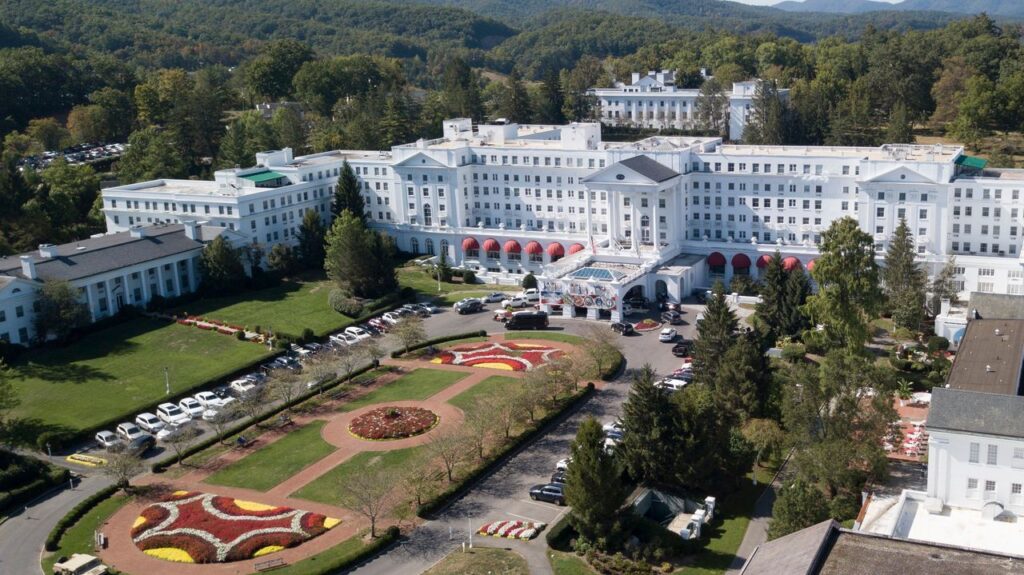
The family also reached agreements with Watson and Mickelson over money owed to them for helping to promote real estate for sale near the Greenbrier. As part of the agreement with Watson, Justice’s son, Jay Justice, in 2020 bought the golfer’s house near the resort for $2.5 million, people familiar with the matter said.
The Greenbrier then aligned with the Saudi-backed LIV Golf. The deep-pocketed Saudis wanted exposure for their circuit at well-known golf courses. The Justices wanted to resume hosting a high-profile event with top golfers, and were attracted to the terms of the deal, under which the family wouldn’t lose money.
Last year LIV spent around $2 million on food and beverage and rooms for LIV staff and golf players and their families, and several million more to pay vendors and run the tournament, according to people familiar with the event. The Greenbrier will host another LIV tournament this year.
In January 2017, a couple of weeks after he was inaugurated, Justice said in a letter to state employees that he had “separated myself from my business holdings by putting my children in charge of our family’s business operations.” He wanted to put all of his assets in a blind trust, he wrote, but said the process had stalled because of the number of financial institutions working with his family’s companies.
Justice placed his ownership interests in eight of the businesses in a blind trust later that year. His most recent state ethics financial-disclosure statement, filed this week, said that as of last year he owned another 100 businesses outside the trust. Dozens of Justice companies share the same headquarters in downtown Roanoke, Va.
In 2017, a steel producer alleged in a lawsuit that Justice company Southern Coal failed to deliver an agreed-upon amount of coal, allegations Southern Coal denied. In legal proceedings for that case, a Justice lawyer said intercompany loans weren’t uncommon when there was a need for cash. Private companies have more discretion than public ones about moving money around their various parts, though some loan agreements don’t permit money transfers between units.
Justice bought the Greenbrier the same year the family sold its Bluestone Resources coal company, and the family formed a charity to host the professional golf tournament that was held at the resort for a decade. In an unusual arrangement, various Justice companies served as suppliers or sponsors for the event. The end result was the charity owing Justice companies sizable sums of money. At year-end 2021, the charity owed $2.8 million to Bluestone, which the Justices bought back in 2015, and about $10 million to the Greenbrier, according to tax filings.
Justice companies also are embroiled in a dispute with Carter Bank & Trust in Martinsville, Va., which since last April has been trying to recover more than $300 million in loans and related interest and fees from the Justices. Last week, a state judge denied the Justices’ motions to set aside Carter Bank’s claims. The bank said it plans to aggressively pursue the amounts owed to it by Justice entities. Carter Bank has a lien on the Greenbrier.
In November, the family had filed a separate federal lawsuit against the bank, seeking at least $1 billion in damages. They accused the bank of carrying out “an unlawful scheme to prevent the Justices from ever fully paying off their loans, using illegal, bad-faith, and deceptive tactics.”
Carter Bank said last week the complaint contains “false and misleading claims” that it would “vigorously defend in due course.”
Separately, the Justices struck a deal in 2022 to pay off $320 million out of $850 million in loans that Bluestone obtained through specialty lender Greensill Capital. Greensill sold the majority of the loans to investment funds managed by Credit Suisse, now part of Swiss bank UBS, then Greensill filed for bankruptcy after it couldn’t renew a key type of insurance that covered its loans. Bluestone had first taken out loans from Greensill to refinance its Carter Bank debt, according to people familiar with the matter.
The Justice finances grew so complex that in 2021 the family briefly retained Adam Lerrick, who represented bondholders in the Argentine debt crisis in the early 2000s, to advise on restructuring the debt, according to people familiar with the matter. The financial scramble has at times affected some retired coal miners, who say they have had trouble filling prescriptions because Justice family businesses didn’t pay their bills on time. The United Mine Workers of America filed a lawsuit in 2019 over the issue. A lawyer for the Justice businesses told a judge in late 2022 that such prescription-drug interruptions stemmed from financial difficulties, and that several coal companies had no “material income.” He told the judge the companies would fund an escrow account to avoid future lapses, and that retirees could arrange over the phone for a Justice company employee to pay for prescriptions using a company credit card.

